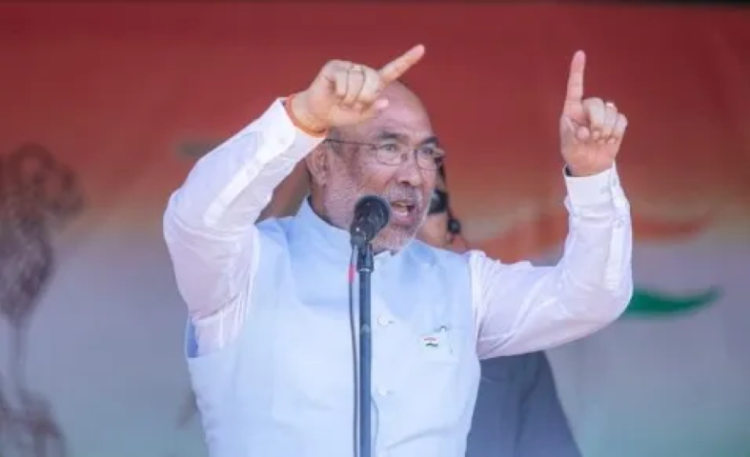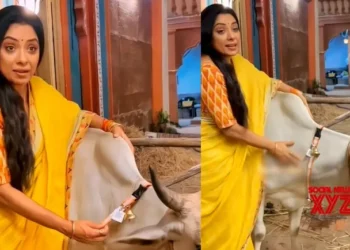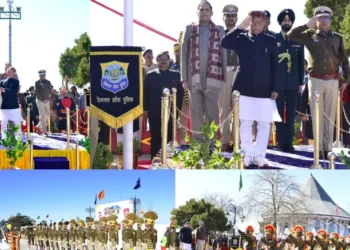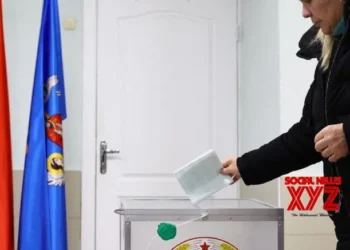Manipur Chief Minister N. Biren Singh said on Saturday that the state government will soon publish a white paper on liquor legalisation in the state.
The BJP government in Manipur has decided to partially lift the three-decade-old prohibition in state, expecting to earn a revenue of Rs 600 crore annually. The decision has triggered opposition from various groups in the state.
Dmanding to revoke the government’s decision to partially lift prohibition, various women’s organisations on Saturday staged a sit-in protest at Akampat Mamang in Imphal East.
The Coalition Against Drugs and Alcohol (CADA) and women groups are also seeking modification of the cabinet decision.
The Chief Minister said that the state government would move a Liquor Prohibition Amendment bill to spell out its liquor policy very soon.
“Considering the demand of CADA and other organisations, the government is preparing a blueprint or white paper. The blueprint would spell out the ‘dos and don’ts’ for selling and brewing liquor,” he told the media.
Singh said that any further decision on this matter would be taken only after consultation with all the stakeholders.
One of the prime reasons for partially lifting the prohibition is to refrain people from consuming adulterated liquor, considering the health hazards posed by consumption of impure drinks, Singh said, adding that the police would soon launch a drive against illicit liquor.
As per the government, the sale of liquor would be confined to district headquarters, some other identified locations, tourist spots and resorts, security camps and hotels having at least 20-bed lodging facility.
Tribal Affairs and Hills Development Minister Letpao Haokip, who is also the government spokesperson, had said that considering boosting revenue generation in view of the government’s financial crunch, “we expect to earn a revenue of over Rs 600 crore per year”.
Besides various other social evils, the women in Manipur have been fighting against alcoholism since the 1970s, forcing then Manipur People’s Party-led government to pass the Manipur Liquor Prohibition Act in 1991.
The law is still in place.
Since 1991, Manipur officially became a dry state with exemption to people belonging to Scheduled Caste and Scheduled Tribe communities to brew liquor for traditional purposes only.
However, despite the prohibition, liquor consumption could not be successfully controlled and alcohol remained widely available, leading to agitations in different parts of the state against liquor related menaces.























